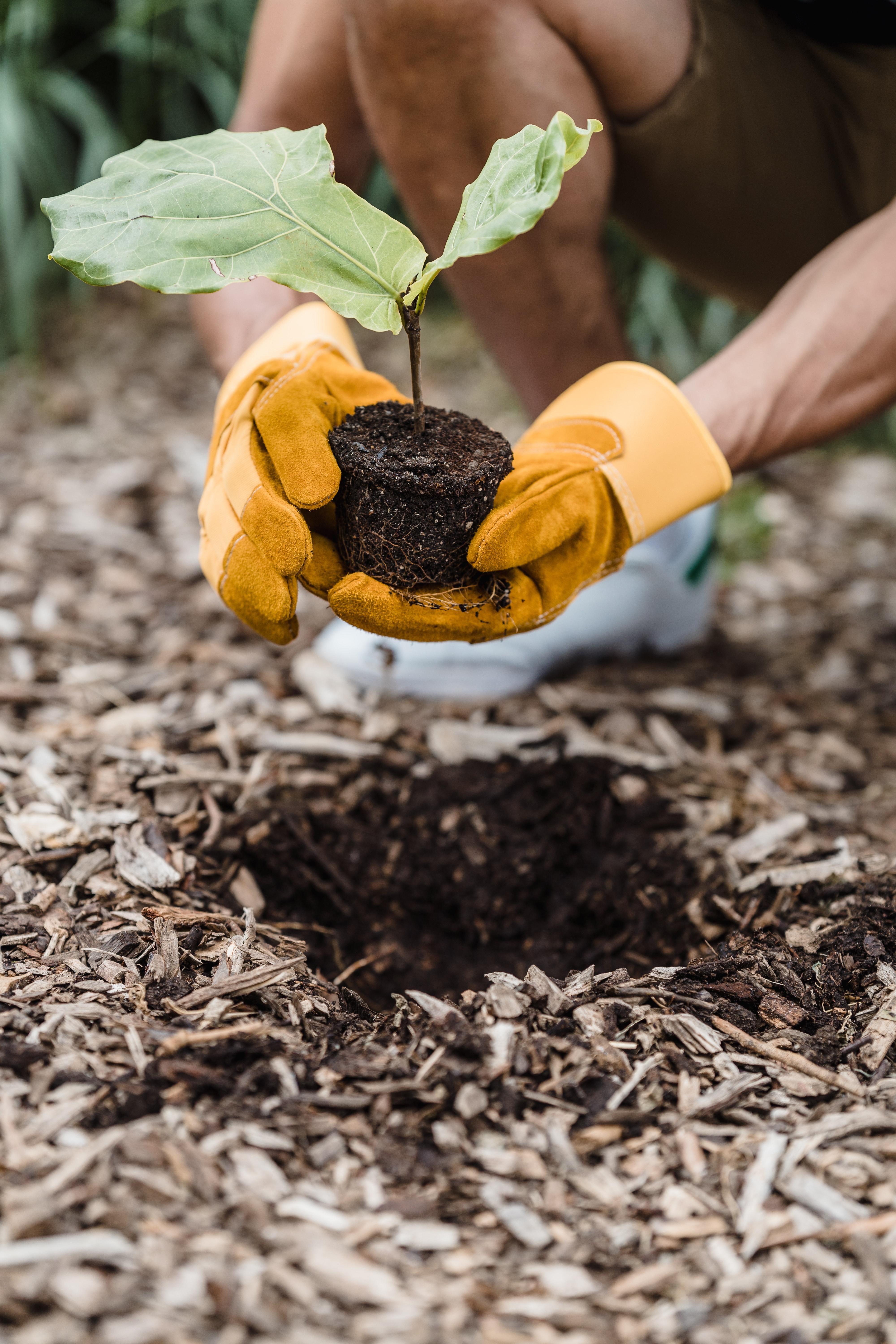There are numerous biology careers you can explore when you study biology. Studying this course gives you a more comprehensive knowledge of animals and plants.
In simple terms, biology is the study of living organisms. While learning this course, you will also be exposed to plants and animals' anatomical, structural, and physiological aspects.
Biology is a natural science with a broad scope, revealing insights on molecules, cells, and systems in living things. Most biologists conduct different kinds of research for a better understanding of concepts. Generally, biology examines the relationship of living organisms to their environment, laying a scientific foundation for people interested in exploring scientific fields.
There is an array of potential careers available for people studying biology. Here are some jobs for people studying biology in Canada.

Zoology
Zoology is the study of animals. Most zoologists research the behavior, classification, structure, and anatomy of animals. Similarly, many zoologists are animal experts, helping at animal shelters and zoos. Specializing in zoology enables you to know more about animalcare, habits, and behaviors.
Botany
Botany is one of the major branches of biology. Botany is crucial for animal sustainability because it focuses on the study of plants. When you become a botanist, you must understand plants and their economic importance, especially in the health sector. Today, many drugs are made from different plants, helping humans and animals curb sicknesses and diseases. Plants are also food for a notable portion of the ecosystem necessary for maintaining a balanced society.
Marine biology
Marine biology is a sub-discipline in zoology, which focuses on aquatic life. Marine biologists are experts at studying animals in the sea, speeding up oceanic discoveries. Oceans are vast, making it difficult for experts to explore every part. Still, marine biologists have made some progress, studying wildlife in the sea and their habitats.

Salary Expectations for Biology Jobs in Canada
The salary structure differs from career to career, which is why you need to know what to expect during your job search. However, before you can conclude your expectations, understand that many biology jobs have different payment structures.
Similarly, salaries are primarily determined by a series of factors, such as experience, firm, workload, and degrees. For example, when you have a master’s degree, it’s possible to have a more attractive salary than someone with a BSc.
Here are the salary structures of some biology jobs in Canada.
Entry-level
In Canada, entry-level biologists with 0-1 year of experience should expect an annual payment of $50,000, including bonuses and other incentives. When you have 2-4 years of experience as a biologist, your salary expectations increase to $52,000 yearly. This data was obtained from other biologists in Canada who worked with these years of experience. Additionally, most entry-level biology teachers earn $40,000 annually in Canada.
Mid-level
As a mid-level biologist, you should be well-versed in biology. You must have conducted various kinds of research focused on animal or plant life. Most mid-level biologists earn an average of $63,000 yearly. Mid-level biologists are experts who have worked in the profession for around 2-4 years. Mid-level biology teachers are instructors who have worked for 4-9 years. Reports show that most teachers in this range earn $55,000 yearly.
Senior-level
Senior-level biologists earn the most among the three levels because of their expertise and years of experience. Many biologists at this level are well equipped with scientific knowledge, which is crucial for successful research. These scientists have worked for 10-18 years in the field, helping them earn around $70,000 annually.
Education Required in Canada to work in Biology
Generally, universities in Canada have some basic requirements for people interested in working in biology fields. Since biology is a broad discipline, encompassing some foundational concepts for every scientist, you need to meet some requirements laid down by authorities.
Like in other developed countries, Canada understands the need to have in-depth knowledge of scientific concepts, making it necessary to have at least a degree before taking up a job in biology. Fortunately, this guide will help you understand the educational requirements for some biology careers in Canada.
- Researcher
If you want to become a researcher in biology, you need to have at least a Master's degree in biology or one of the sub-disciplines of biology. Although every biologist can conduct research,specialists are required in some complex situations.Researchers in biology can also work as botanists, zoologists, or microbiologists, depending on their specialization. Oftentimes, researchers spend most of their days on getting deeper insights into different elements in biology.
- Biologist
To become a biologist, all you need is a BSc in biology or branches, such as botany, zoology, or microbiology.Getting a job as a biologist becomes easier when you have excellent grades to increase your employment chances. Since biology comprises various careers, you can also explore new fields when you study biology. It's also important to note that you can also specialize in your preferred branch to broaden your views on the subject matter.
- Biology teacher
If you want to become a biology teacher in Canada, you must have at least a degree in biology and must have also passed through a teacher preparation program. These programs are crucial for helping intending teachers know how to impart knowledge. When you complete your reparation program, you become a certified educator, enabling you to take teaching jobs in Canada.
Skills Needed to Pursue a Biology Career in Canada
Biology careers are usually very technical jobs, making it necessary to possess the required skills to succeed in a biology job. Without these skills, you may find it challenging to work efficiently and seamlessly.
Still, you can improve your chances of getting a good job by equipping yourself with required qualities and skills.
That said, biology is a course centered on research and theories. To maximize your potential, you should learn the skills needed in a scientific lab. When you are conversant with these qualities, it becomes easier to answer crucial questions.
Below are some skills you need to lead a successful biology career.
- Data analysis
Data analysis is the process of gathering and measuring data retrieved from different sources for research. It gives an insight into the right decisions to make, especially when conducting research or experiment. As a biology graduate, you need to know how to accurately and effectively collect data.

When you can’t collect data, it becomes challenging to answer crucial research questions. Luckily, you can improve your data collection skills by reading books and articles, helping you learn the most efficient ways to collect data.
- Problem-solving
Problem-solving is the process of providing suitable solutions to problems. Scientists understand the need to solve real-life issues, making it vital to possess problem-solving skills. When you have this skill, you will identify problems and proffer effective, lasting solutions to them. There are three main steps in problem-solving, and the first is problem identification. After identifying the problem, the next step is brainstorming and analyzing the issues. The third step is providing and implementing a solution to issues. When you possess this skill, you will also be able to solve problems in your personal life.
High School Path in Canada to Pursue Biology
Most universities and colleges in Canada require you to have completed your high school diploma before applying to study a course. If you want to pursue biology-related careers, you need to start working towards your goal from high school.
Thankfully, when you follow these steps, you will prepare adequately for your college application.
Pick your pre-requisite subjects
If you plan on studying biology, you need to pick science subjects as your core subjects in your senior year in high school. This step is fundamental to your admission, so you must choose the right combination. Most students pursuing science courses choose biology, chemistry, and physics along with other required subjects.
Find crash course biology here on Superprof.

Choose your preferred course
The next step is selecting your preferred course when applying to the institution. It's essential to check the courses your selected college offers through its official website to know the courses available. This helps you save time while streamlining your application process.
Register
For most schools in Canada, registration entails numerous processes.Because many institutions have unique admission processes, you have to read about the required documents before commencing registration. Some schools need you to upload your recommendation letter, passports, and even your English proficiency test if you are an international student.
Interview
Many schools in Canada conduct individual interviews for all applicants. This allows the institution to learn about you and your interests. If you are involved in extracurricular activities, ensure you inform the interviewer during the interview. This increases your chances of getting admitted. Additionally, it would help if you were coherent and clear while answering questions. Try to sound confident without being boastful. Maintain a straight posture and smile when you have to.
Starting a biology career in Canada involves a lot of processes. Luckily, you will have diverse fields to choose from after your study. This increases your chances of landing a well-paying job and also gaining helpful experience.
Summarize with AI:
























